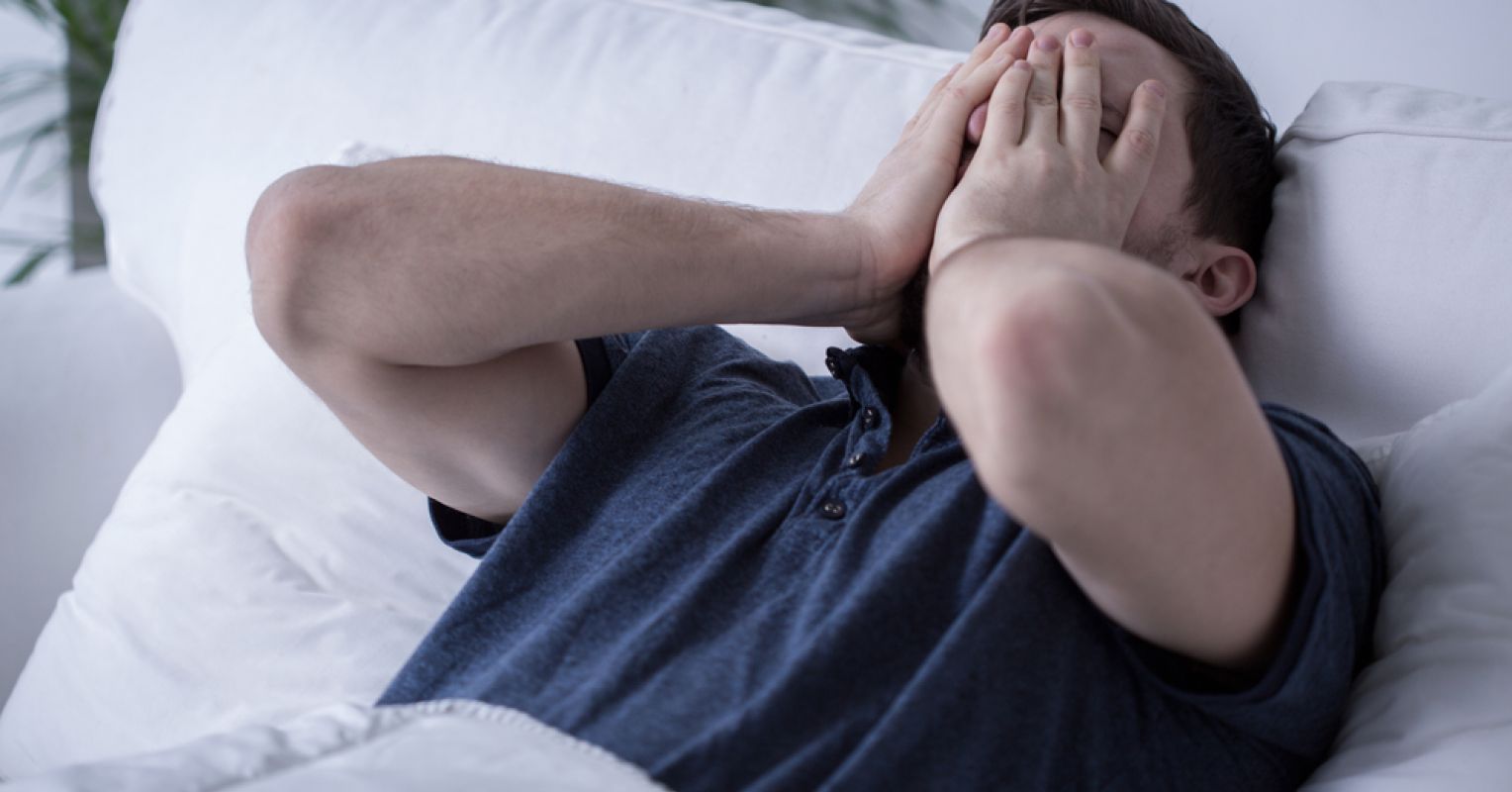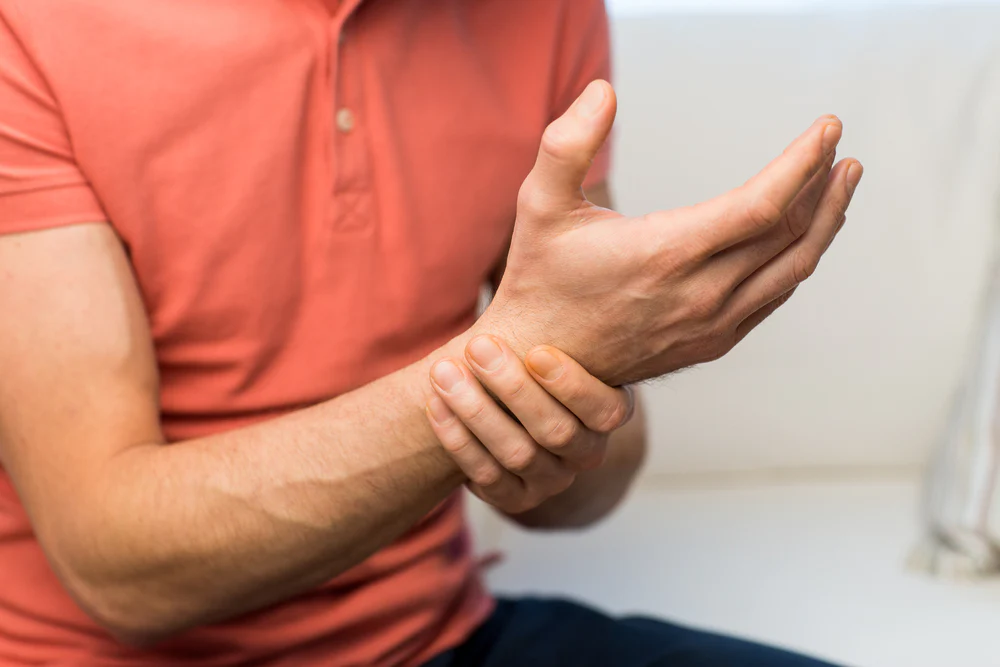Sleep Disorders and Conditions
Twitching in Sleep
Have you ever woken up with a sudden jolt, feeling like you were falling from a great height? This sensation is known as a hypnic jerk, and it is a common occurrence that affects almost everyone at some point in their lives. While it may seem alarming, hypnic jerks are generally considered to be harmless, and there are several explanations for why they happen.
What is a hypnic jerk?
A hypnic jerk is an involuntary muscle spasm that occurs as you are falling asleep. This sensation is also known as a sleep start or a hypnagogic jerk. The muscle contraction can be mild or strong enough to wake you up, and it is often accompanied by a feeling of falling, jumping, or being startled. Hypnic jerks can happen once or several times a night, and they are most common in younger people, though they can affect people of any age.
What causes hypnic jerks?
The exact cause of hypnic jerks is unknown, but there are several theories about why they happen. One theory suggests that hypnic jerks are a remnant of our primate ancestors' reflex to brace for impact when they fell out of trees while sleeping. The brain may misinterpret relaxation as falling out of a tree, causing the body to tense up and jerk. Another theory suggests that the jerks occur when the brain misfires as it transitions from wakefulness to sleep. During this time, motor areas of the brain can become spontaneously stimulated, which the brain may misinterpret as wakefulness during the transition to sleep.
While the exact cause of hypnic jerks is unclear, several external factors can contribute to them. For example, exercising in the evening can make it harder for your body to relax when it's time to go to bed. Stimulants such as caffeine, nicotine, or certain medications can disrupt your sleep schedule, as can leading a high-stress lifestyle. External sleep disruptions like loud noises and bright lights or even a partner working in bed next to you can hinder your ability to cycle into deep sleep.
How can you prevent hypnic jerks?
There are several things you can do to reduce the frequency and severity of hypnic jerks. For example:
Exercise earlier in the day: Intense physical activity too close to bedtime may disrupt your sleep. Stop moderate-intensity exercise at least 90 minutes before your nightly pre-sleep routine. This will allow your core body temperature and endorphins to return to levels that are conducive to sleeping.
Establish a sleep schedule and bedtime routine: Maintaining a regular sleep schedule and bedtime routine can help your body know when it's time for bed, and over time this will make it easier to fall asleep consistently each night. Dim the lights and do an activity to help slow down your heart rate and relax the mind, like reading or breathing exercises.
Remove external sleep distractions and stressors: Reduce stress through mindfulness meditation, breathing techniques, progressive muscle relaxation, and other techniques. External sleep distractions may also hinder your sleep, so find ways to cut out outside disruptions such as wearing a sleep mask or earplugs to reduce the volume of sounds you can't control.
In conclusion, hypnic jerks are a normal part of the sleep cycle and usually nothing to worry about. If they happen frequently and are causing you distress, there are several things you can do to help prevent them. However, if your hypnic jerks are severe and are affecting your quality of life, it's important to talk to your healthcare provider to rule out any underlying conditions.
Sleep Disorders and Conditions
Sleepless in Psychiatry: Unraveling the Role of Sleep in Neuropsychiatric Illnesses
Sleep Disorders and Conditions
When Sleep Disorders Clock In: Insomnia’s Impact on Productivity of Young Adults
Sleep Disorders and Conditions
Why Does My Body Twitch When I Sleep
Sleep Disorders and Conditions
Hypnic Jerk: Why Do I Twitch in My Sleep?
Sleep Disorders and Conditions
When your Arm Falls Asleep: Causes and Treatments
Sleep Disorders and Conditions







